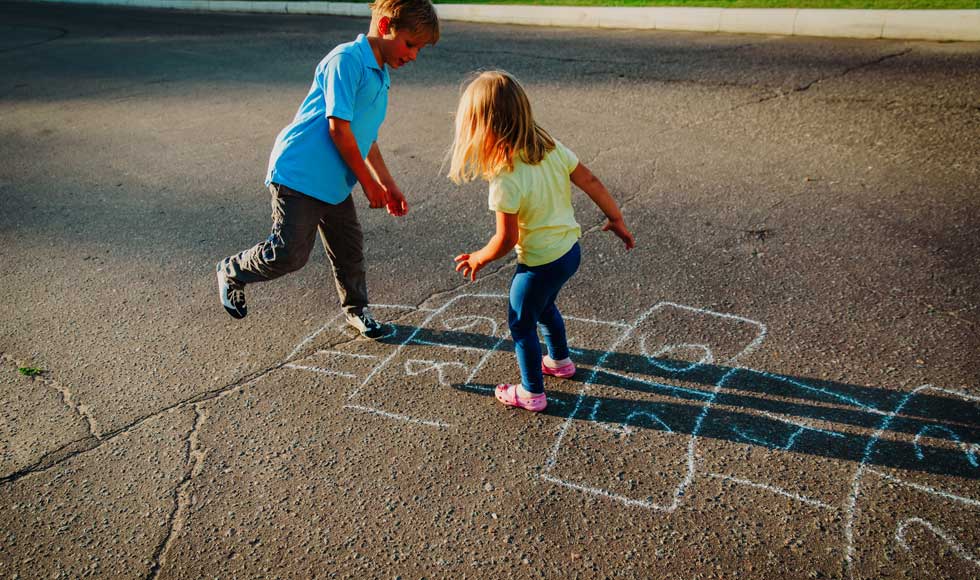
- Health hub/
- Kids Health/
- Stop time


Recent comments made by the Chief Commissioner of Victorian Police, Simon Overland, that parenting is a lost skill and parents should set more boundaries, are thought provoking. Are we living in a world of convenience, taking too many shortcuts at the cost of our family’s wellbeing?
There have been many changes to the way we raise children over the last few decades – and not all bad! But the area most modern families struggle with is regular, quality time together.
The 40-hour working week is, for most, all but a pipe dream. Distractions like social networking, gaming and texting are formidable parental opponents vying for children’s attention.
But it’s not doom and gloom. Balancing what’s important to you and your family and what’s not, could, with a little effort, drastically improve wellbeing.
Although often overlooked, simply stopping time each day to take stock may help make the lifestyle your family leads more fulfilling. Here are a few tips to get you thinking about how to make more, and the most of, family time and in the process (hopefully), keep your children well off the Victorian Chief Commissioner’s radar!
1. Eat together
Not only does eating together help to bring families together on an emotional level, recent research suggests that families who eat together three or more times a week tend to have healthier kids.
Health and wellbeing go hand in hand so insisting on such a tradition, although not always easy, is bound to pay dividends. When kids hit the often-rebellious teenage years sharing mealtimes, at least a few times a week, may prove to be the only quality time families enjoy together, making the custom even more critical to hang on to.
2. Exercise collectively
We know that exercise is not only good for health but, by releasing endorphins, makes you feel great, too – so why not share the experience?
As family time is in short supply, rather than opt for solitary exercise regimes mix it up and try to involve the kids. This isn’t always easy – particularly for parents with young children, but activities such as cycling with an approved infant safety seat, walking or jogging with the pram can be good way to claw back quality time.
For older children, team sports such as mixed age touch football, indoor cricket or unisex netball are good ways for mum and dad to bond with kids and burn a few calories in the process!
3. Meditate and reflect
You don’t have to be the Dalai Lama, but regularly taking time to reflect on life is important -especially for parents tasked with overseeing the growth and development of children.
Meditation is a good way to achieve some mental breathing space, allowing you to free up the mind and help clarify priorities. The process needn’t take longer than ten minutes a day and it can happen anywhere from a bedroom, boardroom to the beach or a park.
If you want to get a little more serious about the art of relaxing, there are plenty of professionals out there that can offer advice – but to get started all you need is a quiet place, a spare moment and an open mind!
4. Make time for relationships
Relationships work best when both parties make an effort to take time together. Children tend to hold up their side of the bargain and it’s often overworked, multitasking mum and dad who fail!
Even the busiest parents can make an effort to be more present by setting up enjoyable rituals with children. Activities like reading books before bedtime, cooking together or making time for a five-minute debrief over breakfast can go a long way.
If you’re often out of home and find you’re missing out on evening and/or mornings time with your kids, why not harness technology to bring you together? Skype for example is a simple and cost effective way to gain a little (almost) face-to-face time. Nothing replaces in-person time with children but sometimes parents have to get a little creative!
5. Find good support networks
They say it takes a village to raise a child. So if you’re lucky enough to have extended family nearby - and you are on good terms, make the most of it! Not only are grandparents, aunties and uncles trustworthy, not to mention cheap babysitters, but they also add an important dimension to a child’s life and can be a great sounding board for parents.
If family support isn’t handy, seek out caring local influences you think you and your child may benefit from. Kindly neighbours, other parents or even paid-for carers can, especially if parents have to work long hours, give a child a more consistent, balanced upbringing – which is the basis good mental and physical wellbeing.
References available on request




